Self Loading Concrete Mixer Machine Leasing vs. Buying: Comparing the Financial Implications
In the construction industry, efficiency and cost-effectiveness are paramount. One critical decision that construction firms must make involves the acquisition of equipment, particularly self-loading concrete mixer machines. These versatile machines combine the functions of a loader, mixer, and transporter, significantly enhancing project productivity. The financial implications of leasing versus buying such equipment can have a substantial impact on a company's bottom line. Understanding these implications is crucial for making an informed decision that aligns with the company's financial strategy and project requirements.


Initial Costs and Financial Flexibility
Leasing: Lower Initial Investment
Leasing a self-loading concrete mixer machine requires a significantly lower initial investment compared to purchasing. This option allows construction firms to allocate capital towards other critical areas such as operational expenses or additional project resources. Monthly lease payments for the self loading concrete mixer truck are generally more manageable than the lump-sum required for buying, enhancing cash flow flexibility. Furthermore, leasing often includes maintenance and service packages, reducing unexpected costs associated with equipment repairs.Buying: Long-term Asset Ownership
Purchasing a self-loading concrete mixer machine involves a substantial upfront cost. However, this investment translates into asset ownership, providing long-term financial benefits. Once the machine is paid off, the firm no longer incurs monthly payments, allowing for cost savings in the long run. Additionally, owning the equipment offers potential tax benefits through depreciation. Companies can also leverage the asset for collateral in securing loans or lines of credit, providing further financial flexibility.
Operational Considerations and Utilization
Leasing: Access to Latest Technology
Leasing provides construction firms with the opportunity to utilize the latest technology without the burden of obsolescence. Equipment manufacturers, like AIMIX Group, continually innovate, releasing new models with enhanced features and improved efficiency. By leasing, companies can upgrade their machinery at the end of the lease term, ensuring access to state-of-the-art technology. This approach is particularly advantageous in a competitive industry where efficiency and innovation are critical to maintaining a competitive edge.Buying: Consistent Availability and Customization
Owning a self-loading concrete mixer machine ensures its availability whenever needed, eliminating dependency on lease terms or potential availability issues with leasing companies. This consistent access to equipment can significantly enhance project scheduling and efficiency. Furthermore, ownership allows for customization to meet specific project requirements. Companies can modify and adapt their machinery without restrictions imposed by leasing agreements, providing a tailored approach to their operational needs.Financial Impact and Long-term Planning
Leasing: Predictable Expenses and Tax Deductions
Leasing agreements often come with fixed monthly payments, making it easier for companies to predict and manage their expenses. This predictability aids in budgeting and financial planning. Additionally, lease payments are typically tax-deductible as operational expenses, providing immediate tax relief. This deduction can improve the company’s cash flow and overall financial health, making leasing an attractive option for firms seeking short-term financial stability.
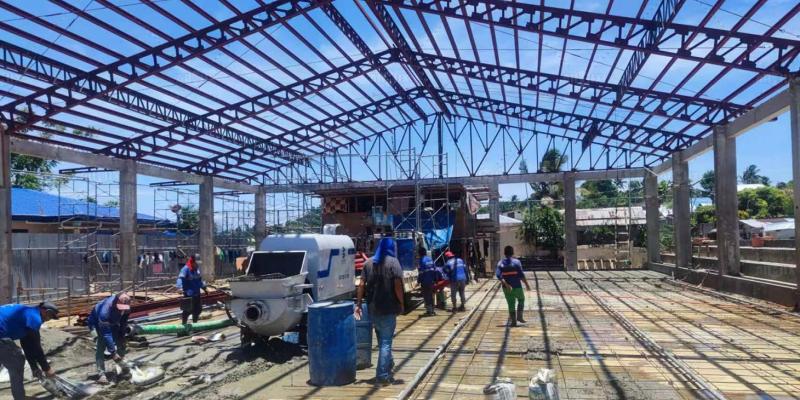

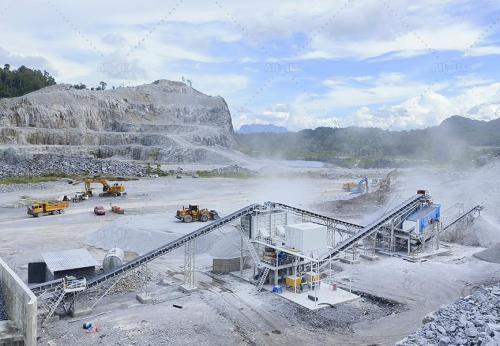




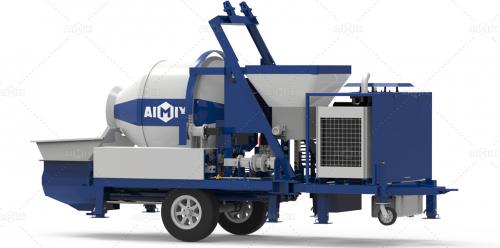
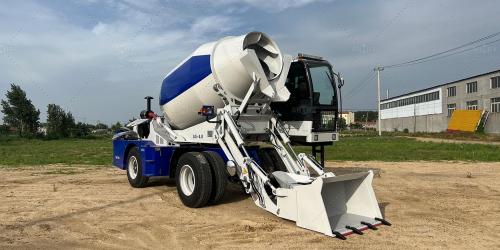
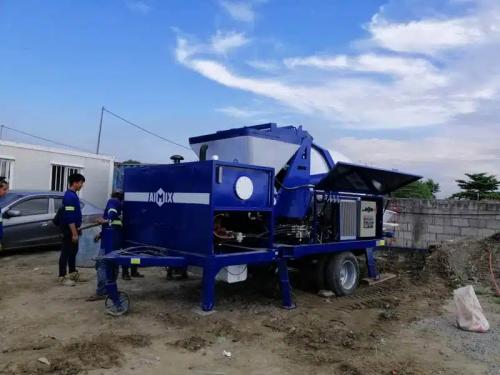
Comments